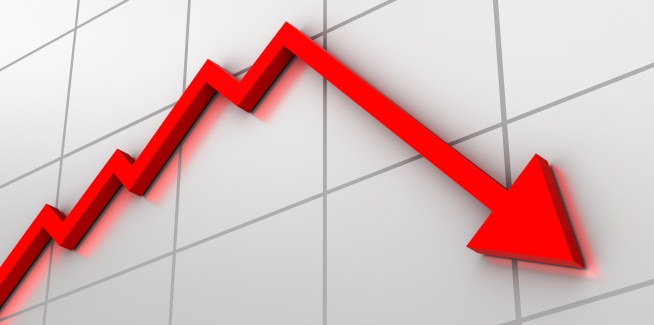The NAB Monthly Business Survey for July has revealed that business conditions increased by eight points in July to zero index points, continuing on the path to recovery since reaching a trough in April.
However, the survey also found that confidence took a significant hit across all industries in every state except South Australia and Western Australia. Confidence deteriorated the most in Victoria and NSW, where concerns around the spread of the coronavirus have remained high.
The survey was conducted prior to the implementation of stage 4 restrictions in Melbourne and stage 3 restrictions in the rest of Victoria, according to Alan Oster, NAB Group chief economist.
“These measures will likely see harder impacts on activity going forward, with mandated reductions in activity for a broader range of industries going forward,” Mr Oster said.
“While the rebound in conditions is encouraging, the fall in confidence even prior to the announcement of stage 4 restrictions in Melbourne demonstrates that businesses will remain very cautious given the great uncertainty around the virus at the moment.
“It also highlights that the business sector will require ongoing support through the recovery phase until the economy can get back on its feet.”
Mr Oster noted that business conditions have continued to recover across the country almost as quickly as they weakened, with conditions now recovering to be roughly around their pre-COVID-19 level.
However, outcomes across industries were more mixed, with services continuing to improve, although from a low base. On the other hand, transport and utilities, and construction have declined.
Mr Oster said this might indicate that there will be “ongoing fallout for some sectors”.
Business confidence fell sharply in July after rebounding strongly in recent months. Confidence has declined across all industries, led by a decline in mining.
Non-mining sectors such as construction and retail declined at a lower rate, while the remaining industries declined by 17 to 19 points.
Across all industries, retail and construction have the weakest confidence despite the relatively small declines in the month.
“By industry, the decline in confidence was broad-based and it is again quite negative in each industry,” Mr Oster said.
“Construction and retail are weakest, but only by a small margin. Despite being the most heavily impacted by virus containment measures so far, recreational and personal services is now the least pessimistic across industries.”
There was a slight improvement in forward orders and capacity utilisation, but both remain considerably weak compared with last year. Capacity utilisation has remained around 4 percentage points below levels seen in late 2019.
Capex has remained negative, suggesting that firms could pause expansion plans until there is sustained recovery in capacity utilisation and confidence.
Therefore, despite improved conditions, businesses are still operating at lower levels than usual and are expecting a smaller pipeline of work.
“While the improvement in conditions is very welcome, capacity utilisation and forward orders point to ongoing weakness overall. Therefore, with confidence still fragile, there is some risk that conditions lose some of their recent gains in coming months,” Mr Oster said.
Meanwhile, stage 4 lockdowns in Melbourne will have further impact on business conditions and confidence.
NAB’s findings have followed moves by Treasury to revise down its forecasts for the Australian economy following the stage 4 lockdown in Melbourne.
In a media conference held on last week, Prime Minister Scott Morrison said the additional restrictions in Victoria could cost the real economy between $7 billion and $9 billion over the September quarter.
[Related: RBA dims housing investment outlook]
 ;
;
